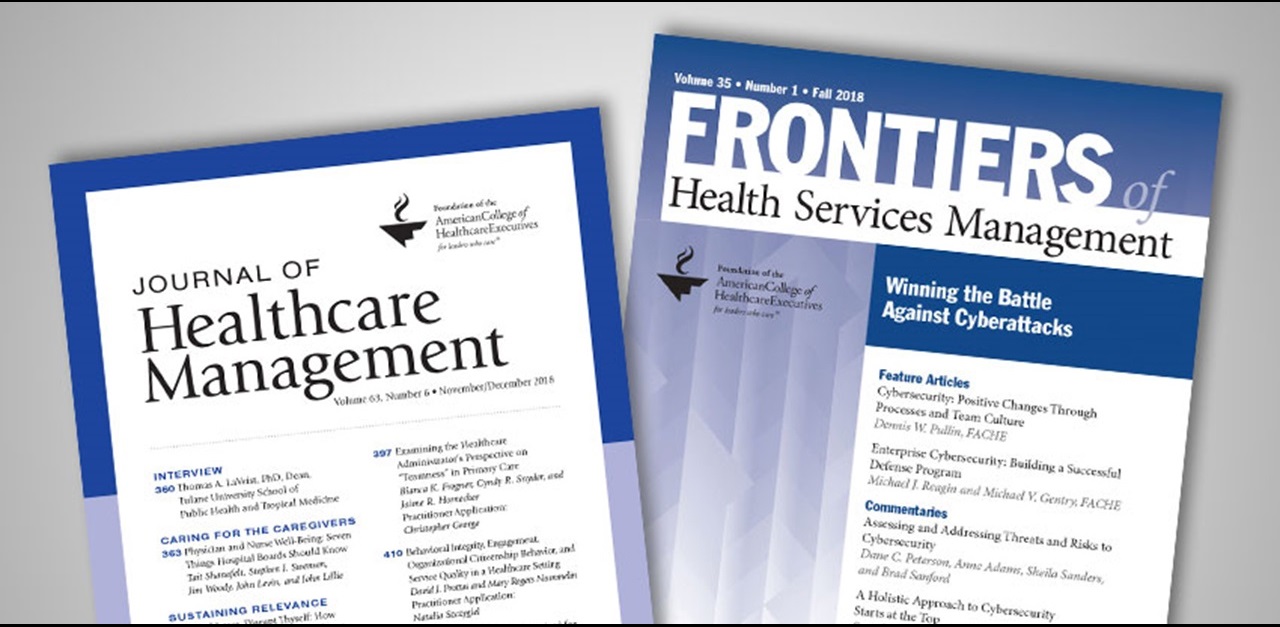 Ambulatory Surgery
Ambulatory Surgery
Concierge physician practices expanding to large hospitals

Editor's Note The practice of concierge physicians is expanding as thousands of doctors at large hospital systems shift to a model facilitating high fees and decreased patient load, according to an April 1 report in KFF Health News. The concierge physician model began decades ago in wealthy areas of Florida…
Study: GLP weight loss, diabetes therapies boost GI endoscopy pneumonia risk

Editor's Note Gastrointestinal endoscopy could increase the risk of aspirational pneumonia in patients using GLP-1 receptor agonists (RAs) to manage weight or treat diabetes, according to an April 1 report from MedPage today. Citing research published in the journal Gastroenterology by a team led by Kevin Sheng-Kai Ma, DDS, of…
Help us help you: OR Manager 2024 Salary/Career Survey now open

Editor's Note Although OR Manager is dedicated to providing the education perioperative leaders need to succeed, we can’t do that without your input. Our annual Salary/Career survey, now open for 2024, makes it easy for you to provide that input—and in the process, get a chance to win one of…
Private payers profit by delaying medical claims
Editor's Note Private payers initially deny reimbursement on 15% of claims, only to later approve more than half of those initial denials, according to a national survey of healthcare institutions published March 21 by Premiere, Inc. Additionally, the denied claims on average tend to be more prevalent for higher-cost treatments…
Laparoscopic cholecystectomy could benefit patients with normal ejection fraction

Editor's Note Patients with biliary symptoms can benefit from laparoscopic cholecystectomy even with a normal ejection fraction (greater than 35%), according to a study published November 30 in the American Journal of Surgery. Although previous data have shown the surgery to improve biliary symptoms (such as abdominal pain) in patients…
Study shows patient bias for general over regional anesthesia, importance of preoperative education

Editor's Note A recent study from the UK, the results of which were presented at the 6th annual World Congress on Regional Anaesthesia and Pain Medicine, shed light on patients' preferences and understandings regarding anesthesia options for outpatient orthopedic surgery, Anesthesiology News March 18 reports. It revealed a stronger expectation…
ASCs forecasted to continue seeing major expansion in orthopedic, spine procedures

Editor's Note Ambulatory surgery centers (ASCs) specializing in orthopedic and spine procedures are seeing a surge in growth, Orthopedics This Week April 2 reports. An "Impact of Change Forecast" report from Sg2, a Vizient Inc company, forecasts a 12% increase in orthopedics/spine ASCs in the next 5 years and a…
Prioritizing quality of life: Surgery, anesthesia considerations for elderly patients

Editor's Note A March 11 article on SeniorLiving.org broke down key considerations and risks for elderly patients undergoing surgery and anesthesia. One such consideration is studies show that older adults often prioritize quality of life over the extension of life if it means sacrificing independence or functional abilities. Other lessons…
Study deems EHR manipulation “elephant in the room” for OR scheduling accuracy

Editor's Note Reducing surgeon manipulation of electronic health record (EHR) OR scheduling systems can improve efficiency, save resources, and enhance service to patients, according to data published in the March/April issue of the Journal of Healthcare Management. Although predictive models using EHR and machine learning improve accuracy compared to traditional…
Hospitals report robust margins, caution about potential near-term disruption

Editor's Note Data collected from more than 1,300 hospitals nationwide for Kaufman Hall’s National Hospital Flash Report shows strong margins—averaging 3.9% in February—but does not account for significant, near-term headwinds, according to a March 28 article from HealthLeaders. Revenue growth is primarily from outpatient care, and inpatient revenue continues to…

 Free Daily News
Free Daily News